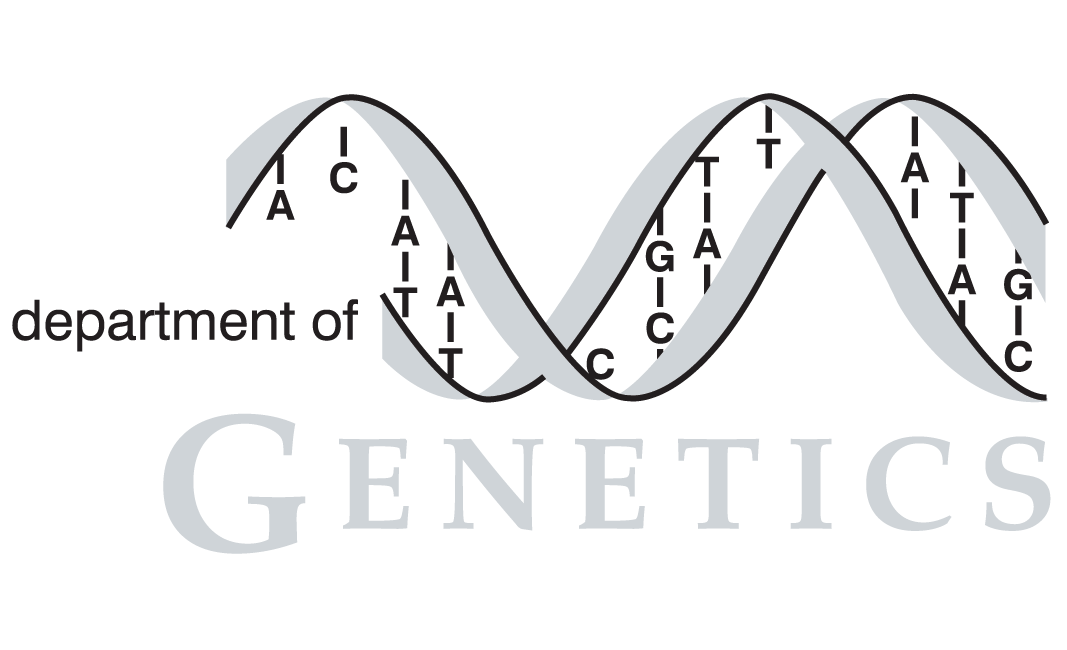| Citation | Ogawa T, Tsubakiyama R, Kanai M, Koyama T, Fujii T, Iefuji H, Soga T, Kume K, Miyakawa T, Hirata D, Mizunuma M. Stimulating S-adenosyl-l-methionine synthesis extends lifespan via activation of AMPK. Proceedings of the National Academy of Sciences of the United States of America, 2016. |
| PubMed ID | 27698120 |
| Short Description | Stimulating S-adenosyl-l-methionine synthesis extends lifespan via activation of AMPK. |
| # of Conditions | 4 |
Full Description

|
Dietary restriction (DR), such as calorie restriction (CR) or methionine (Met) restriction, extends the lifespan of diverse model organisms. Although studies have identified several metabolites that contribute to the beneficial effects of DR, the molecular mechanism underlying the key metabolites responsible for DR regimens is not fully understood. Here we show that stimulating S-adenosyl-l-methionine (AdoMet) synthesis extended the lifespan of the budding yeast Saccharomyces cerevisiae The AdoMet synthesis-mediated beneficial metabolic effects, which resulted from consuming both Met and ATP, mimicked CR. Indeed, stimulating AdoMet synthesis activated the universal energy-sensing regulator Snf1, which is the S. cerevisiae ortholog of AMP-activated protein kinase (AMPK), resulting in lifespan extension. Furthermore, our findings revealed that S-adenosyl-l-homocysteine contributed to longevity with a higher accumulation of AdoMet only under the severe CR (0.05% glucose) conditions. Thus, our data uncovered molecular links between Met metabolites and lifespan, suggesting a unique function of AdoMet as a reservoir of Met and ATP for cell survival. |
Tags
 |
Contact: sgd-helpdesk@lists.stanford.edu


